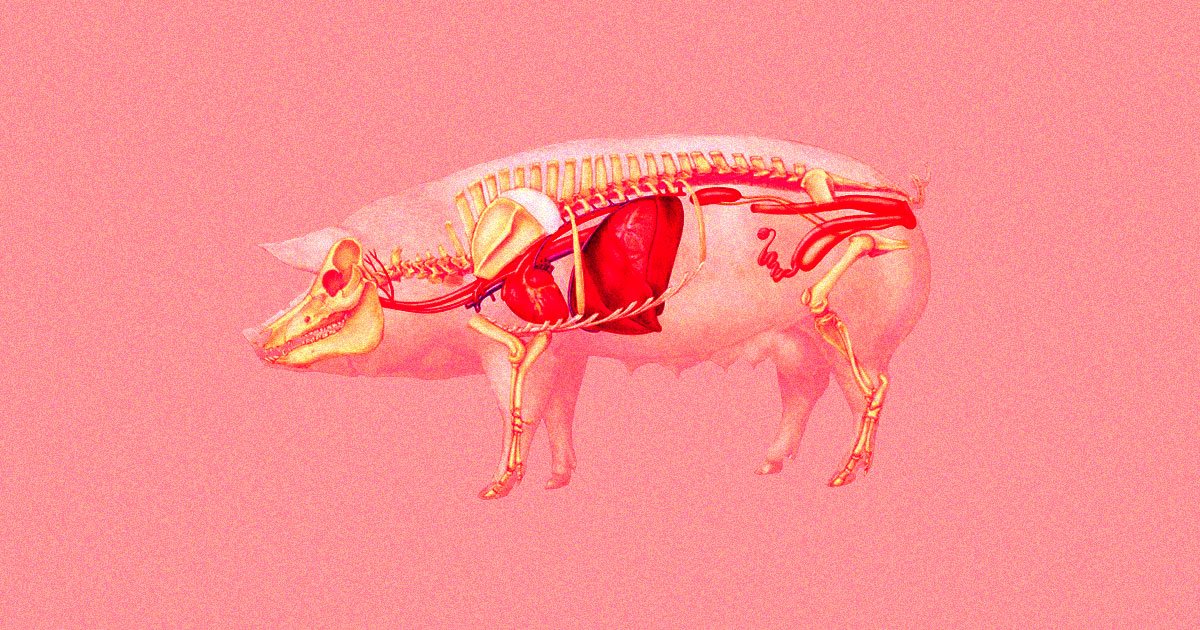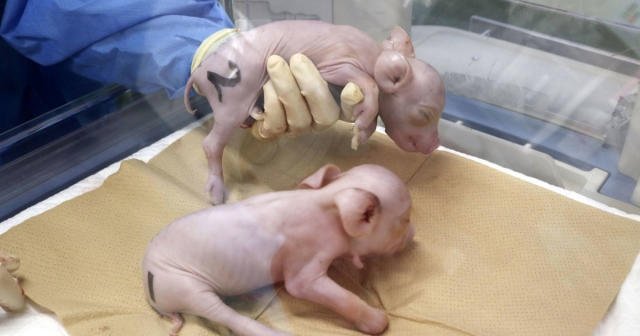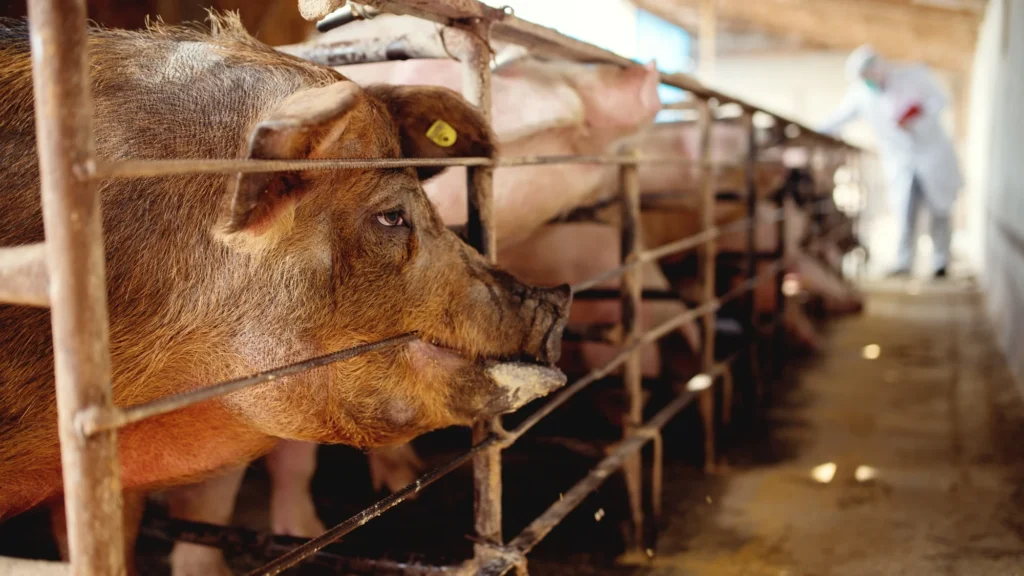In the future, the pork you consume could be sourced from genetically modified pigs. Scientists at Genus are working on developing CRISPR-edited pigs that are resistant to porcine reproductive and respiratory syndrome (PRRS), a disease that has caused significant financial losses for farmers. They hope that this research will be successful in reducing the impact of the disease on the industry.

Genus is currently waiting for approval from the FDA. If approved, it would become the first domestic animals to be genetically modified for widespread consumption as meat. The company plans to sell sperm of these genetically modified pigs that will be completely immune to PRRS.
PRRS is a viral diseases that negatively affects the reproductive and respiratory systems of pigs. It was first identified in the late 1980s and has had a global impact, with the exception of Australia, New Zealand, and Switzerland.

Farmers have attempted to control disease on industrial farms by using antibiotics, vaccines, isolating pigs, and cleaning facilities. However, the crowded and unsanitary conditions of these farms make them ideal environments for disease outbreaks.
Despite the appeal of genetics modification as a potential solution, animal welfare advocates argue that gene-edited farm animals will further strengthen the dominance of industrial farms and potentially worsen conditions for the animals.

Keeping animals in close quarters and under stressful conditions creates the perfect breeding ground for pathogens to spread and adapt. If we continue to use PRRS-resistant pigs in our current intensive farming system, we will only see the emergence of more diseases, necessitating the creation of new gene-edited animals.
Reference- New Scientists, Popular Science, Futurism, The Guardian, New Horizon






